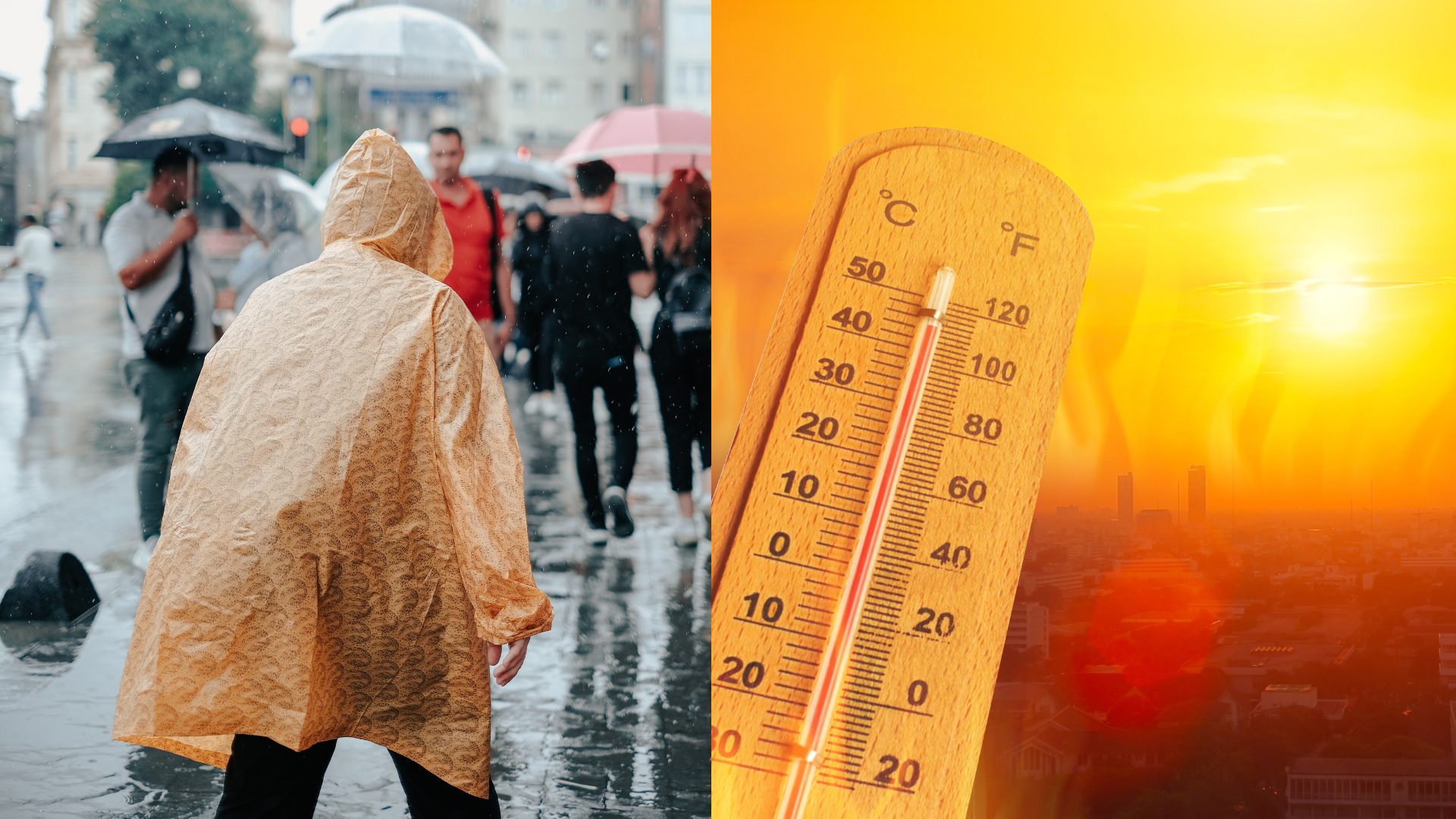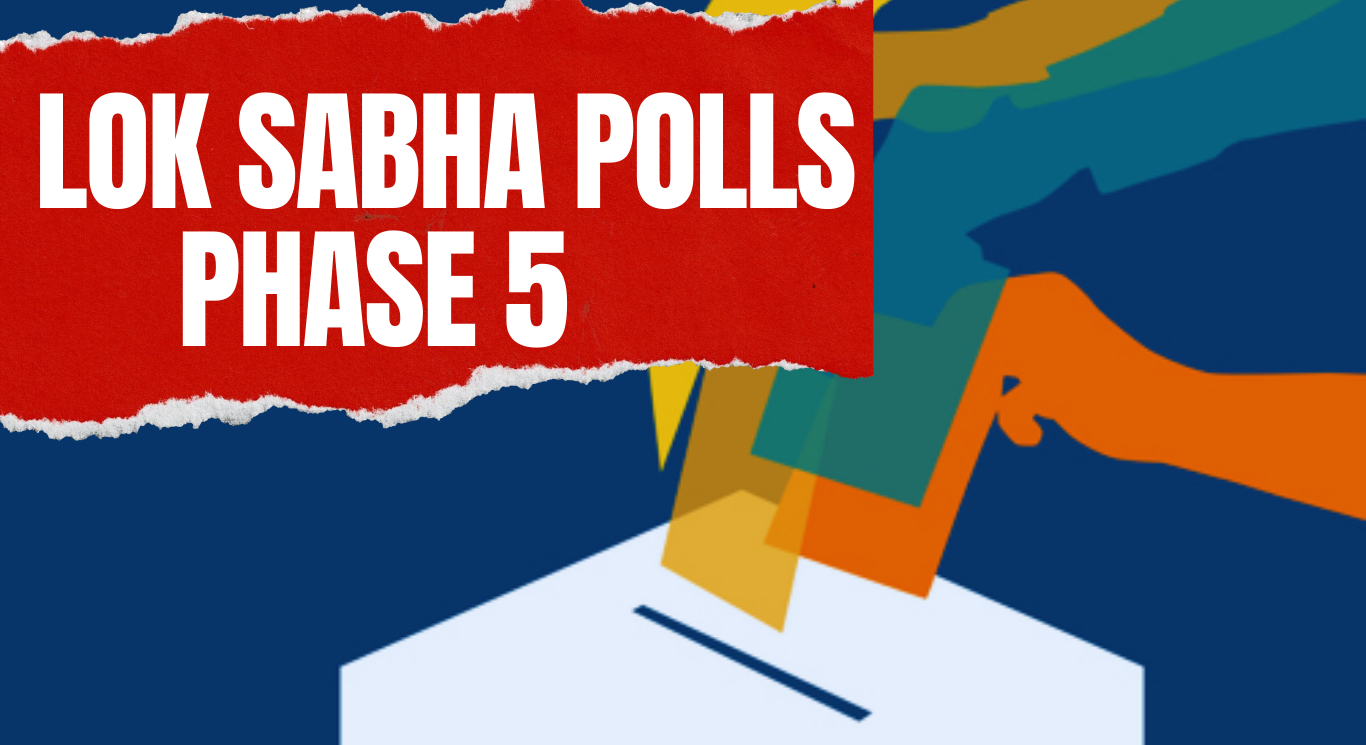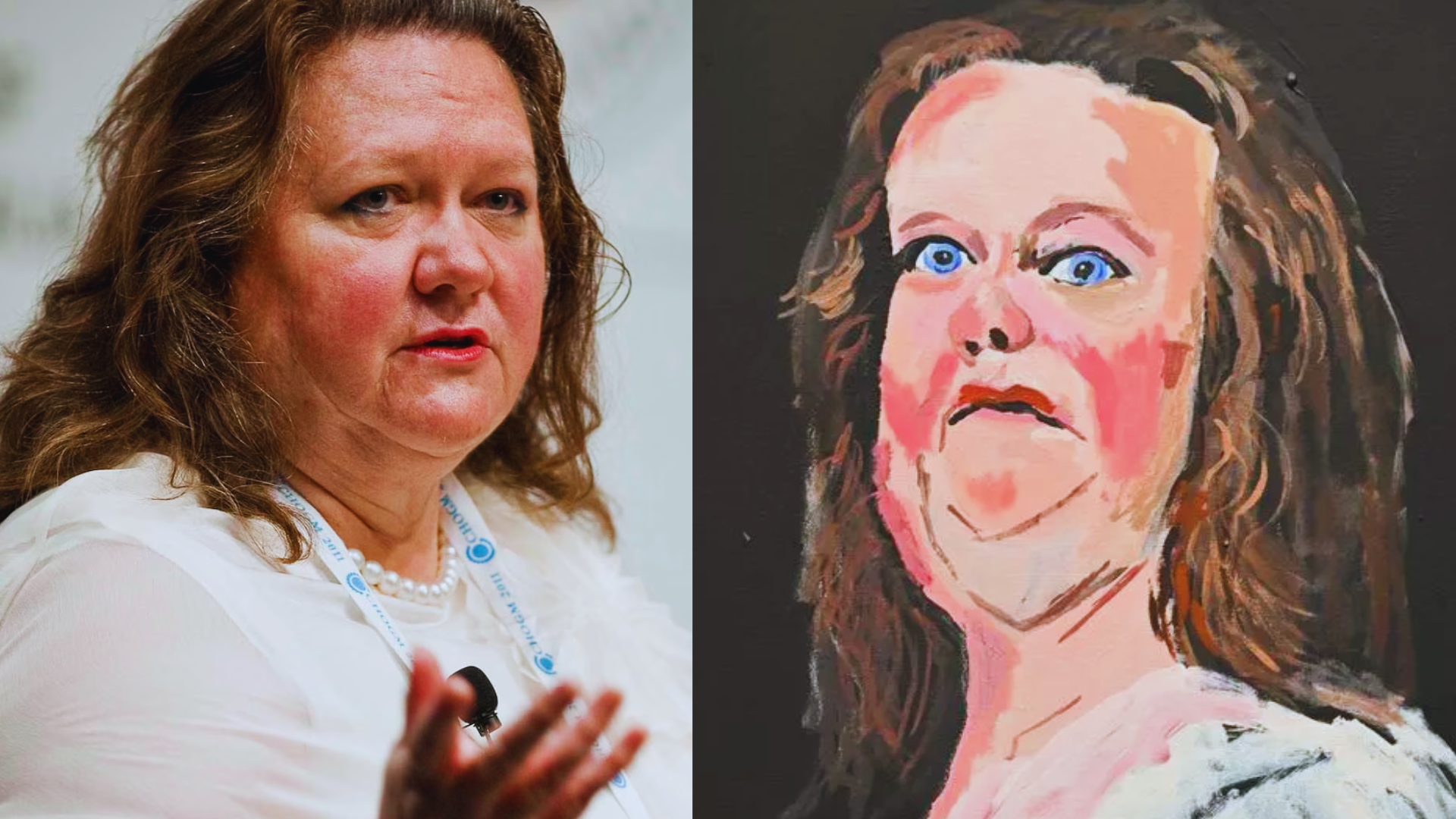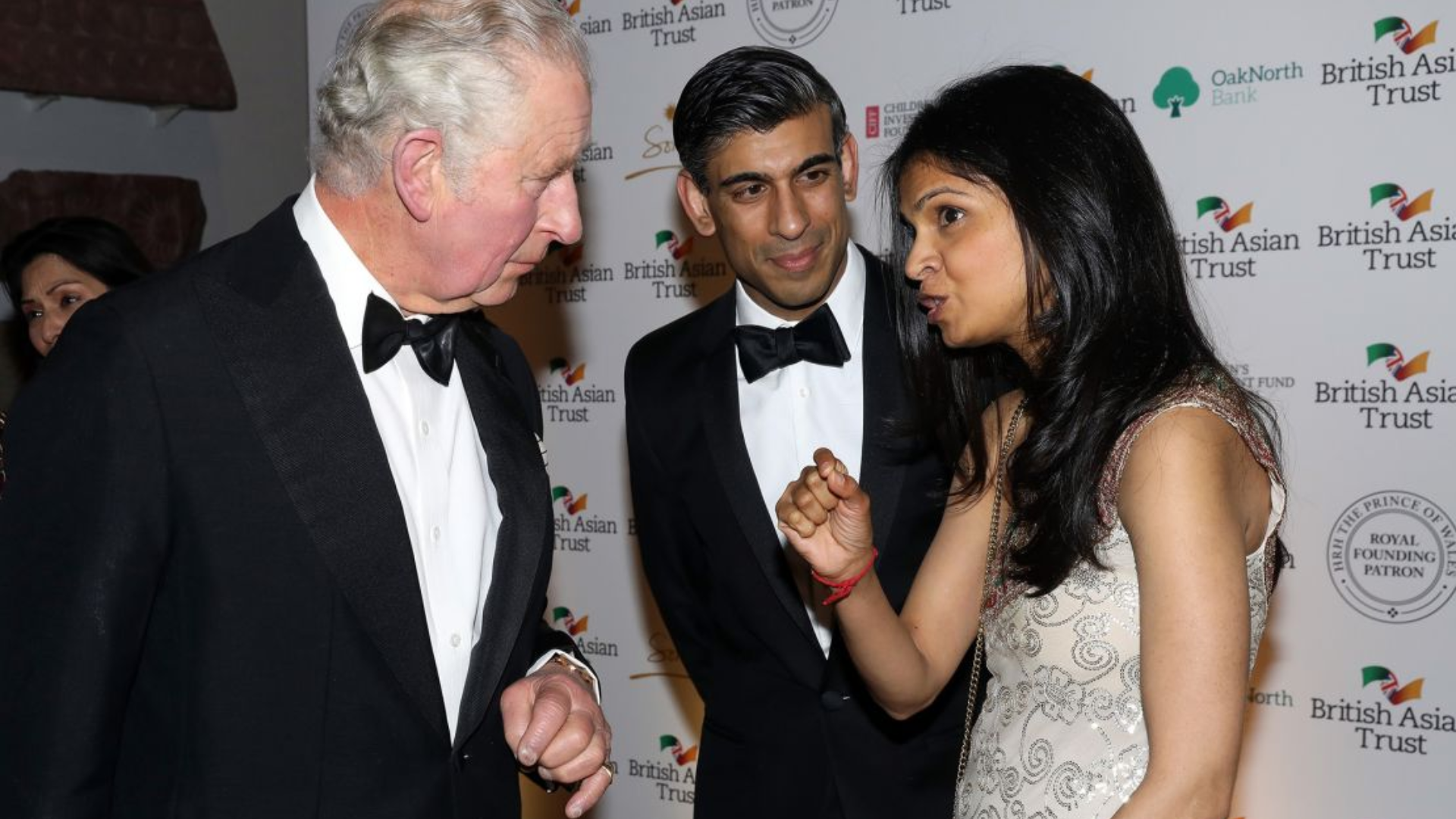


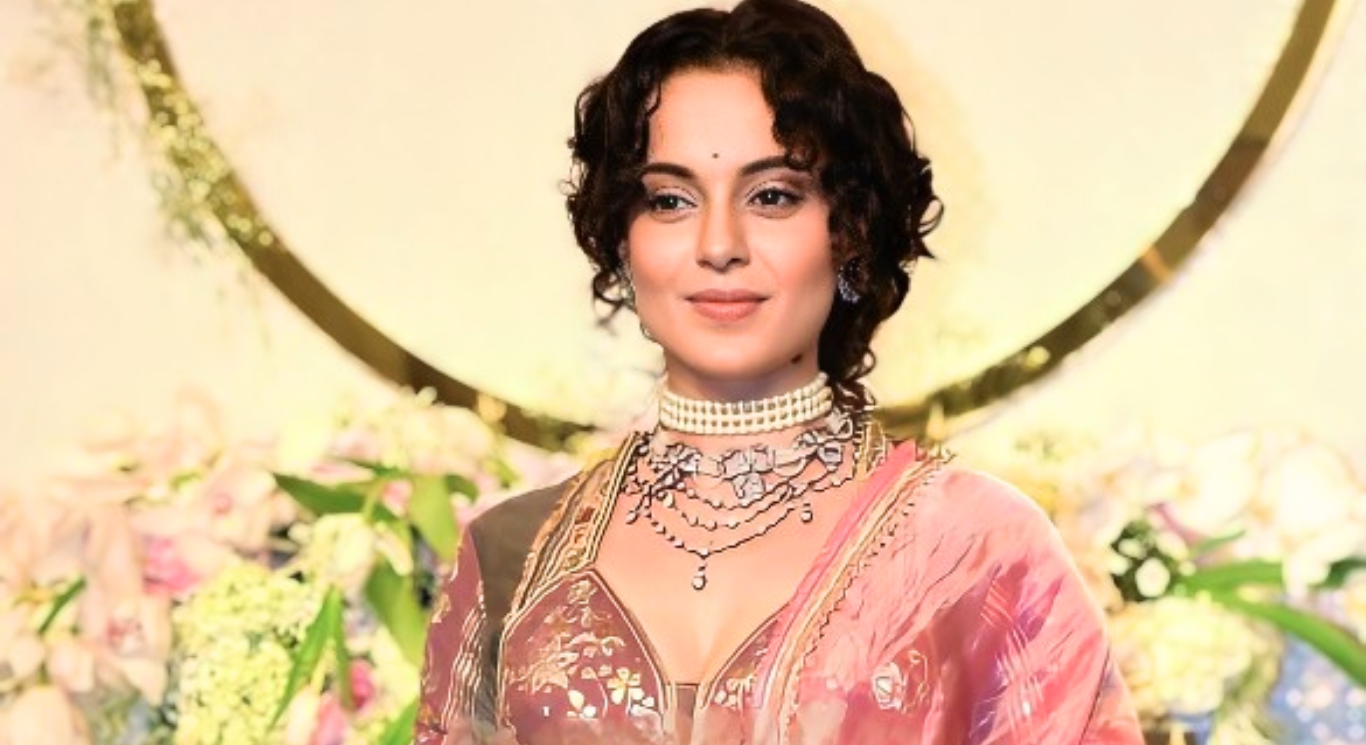






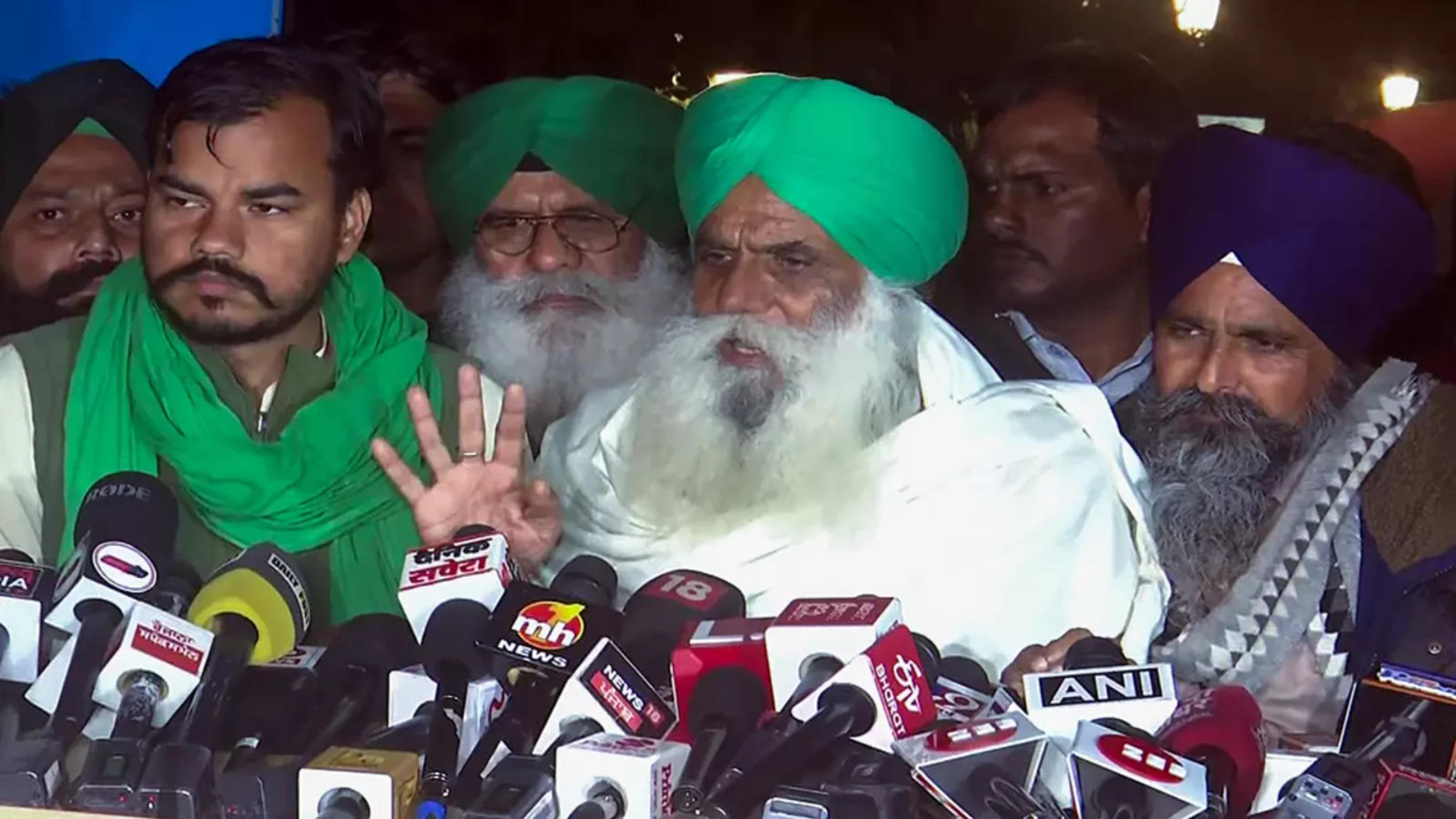
On Monday, Farmer leaders declined the government’s proposal of procuring pulses, maize, and cotton at MSP by government agencies for five years. They claimed it had nothing for them. In a press conference, farmer leader Jagjit Singh Dallewal mentioned that after much discussion, the forums rejected the proposal.
“After the discussion of both forums, it has been decided that if you analyze, there is nothing in the government’s proposal. Our government imports palm oil worth Rs 1.75 crore from outside which also causes illness to the general public. If this money is given to the farmers of the country to grow oil seed crops and MSP is announced, then that money can be used here. This is not in the favor of farmers. We reject it,” he said.
“If the government is not giving legal guarantee of MSP, it means that the farmers of the country will continue to be looted. This is not acceptable,” he added.
Following the fourth round of discussions, Sarvan Singh Pandher, General Secretary of Punjab Kisan Mazdoor Sangharsh Committee, affirmed that the farmers will persist with the ‘Delhi Chalo’ march on February 21. He also mentioned that deliberations will take place regarding the government’s proposed MSP initiative. Now, farmers will continue their ‘Dilli Chalo’ march on February 21.

